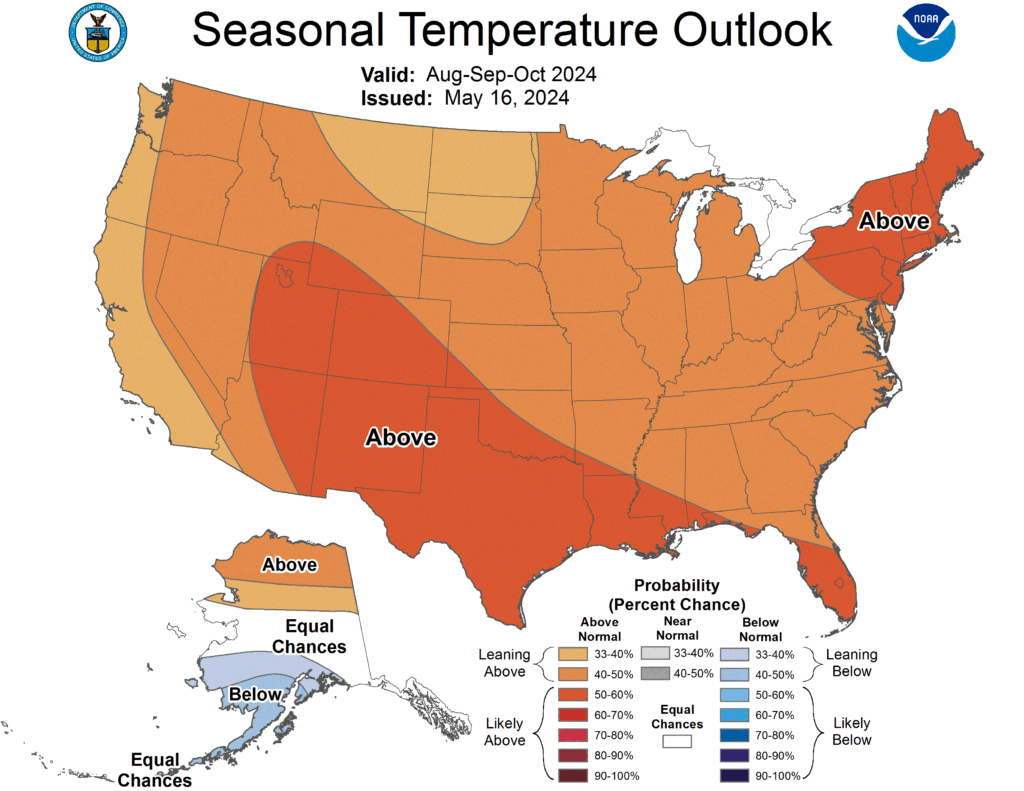Throughout history, human activities have left a subtle but undeniable mark on Earth’s climate. Since the dawn of the industrial revolution in 1850, our planet has warmed steadily, with the rate accelerating dramatically since 1982. Experts predict an average global temperature rise of 2.7 degrees Celsius by 2050, triggering a cascade of ecological disruptions.

2023 cemented its place as the hottest year on record, and forecasts for summer 2024 paint a grim picture of extreme heat across the United States, Europe and rest of the world. However, recent research adds another layer to this worrying trend: we’re going to feel every degree of warming more acutely than previously thought.
A groundbreaking study reveals that humans are far more sensitive to temperature changes than we realized. We can perceive minuscule differences as small as 0.9°C with remarkable accuracy. This newfound understanding has the potential to significantly impact how we tackle climate change.

Our bodies are intricately designed to maintain a core temperature of around 37°C, crucial for both physical and cognitive function. Deviations from this ideal range, be it scorching heat or freezing cold, pose significant health risks like heatstroke or hypothermia.
Throughout evolution, we’ve honed a keen sensitivity to temperature fluctuations for survival. Detecting even slight shifts likely served as an early warning system, prompting us to seek shelter, adjust clothing, and adapt behaviors to maintain comfort.
However, our ability to adapt has its limits. The unprecedented pace and scale of modern climate change present a new set of challenges. Rapidly rising temperatures coupled with environmental disruptions push our limits, demanding proactive measures to mitigate the impacts.
This heightened understanding of human temperature sensitivity could drive advancements in technology. For example, climate control systems rely on algorithms to optimize settings based on occupant comfort. By incorporating this knowledge, engineers could develop highly precise sensors that detect subtle temperature variations, leading to more efficient heating and cooling systems in homes and buildings.

However, the true challenge lies in addressing the broader picture of Earth’s interconnected systems. Climate change is already reshaping our world, from the rise of extreme weather events to the transformation of ecosystems like coral reefs and Arctic ice.
To avert the worst impacts, we need comprehensive solutions: transitioning to renewable energy sources, implementing large-scale reforestation initiatives, and adopting sustainable agricultural practices.
We now understand the depth of our physical response to a warming planet. The question remains: will this heightened awareness translate into the collective action needed to address the climate crisis?
Reference- National Geographic, NOAA website, Journal Nature, BBC Earth






